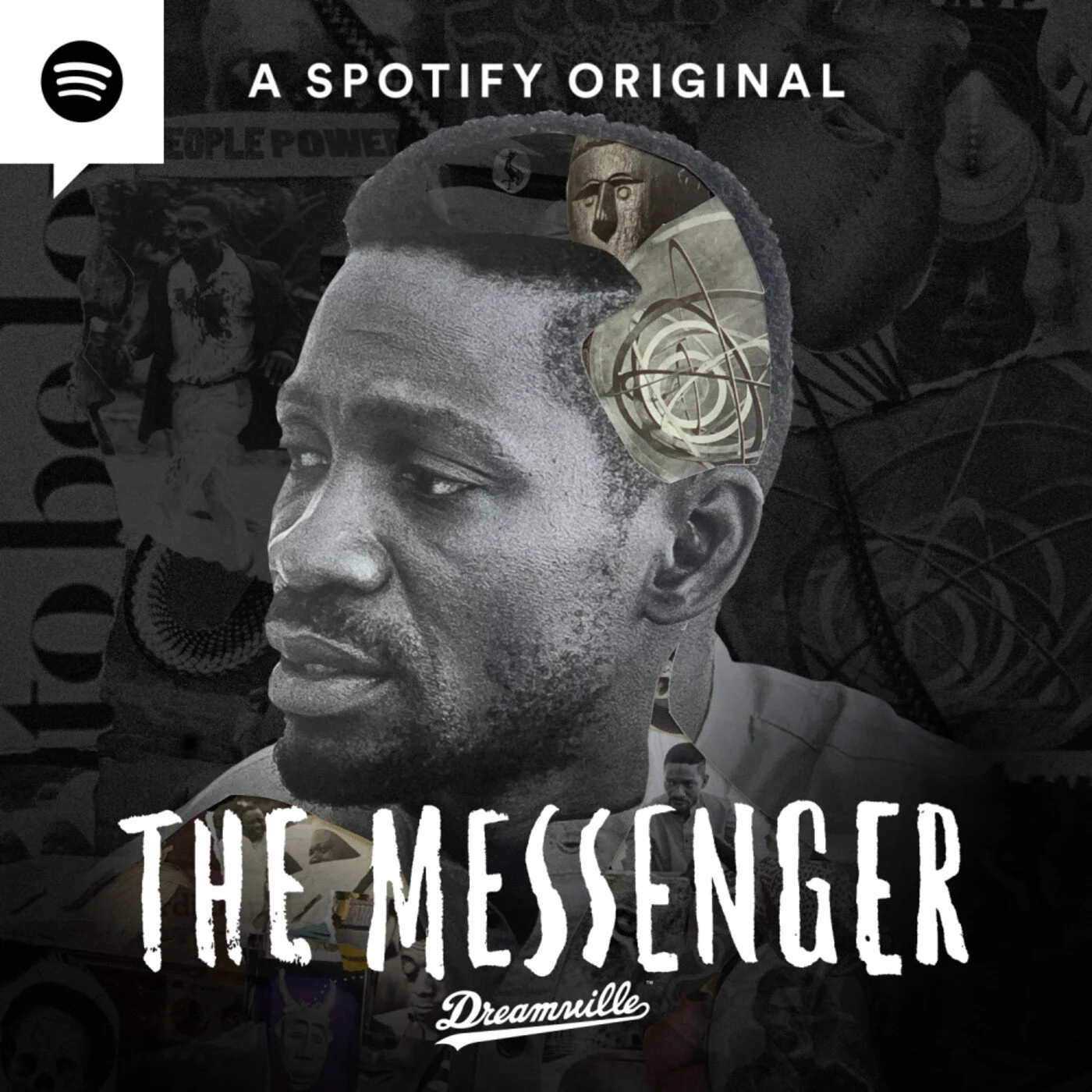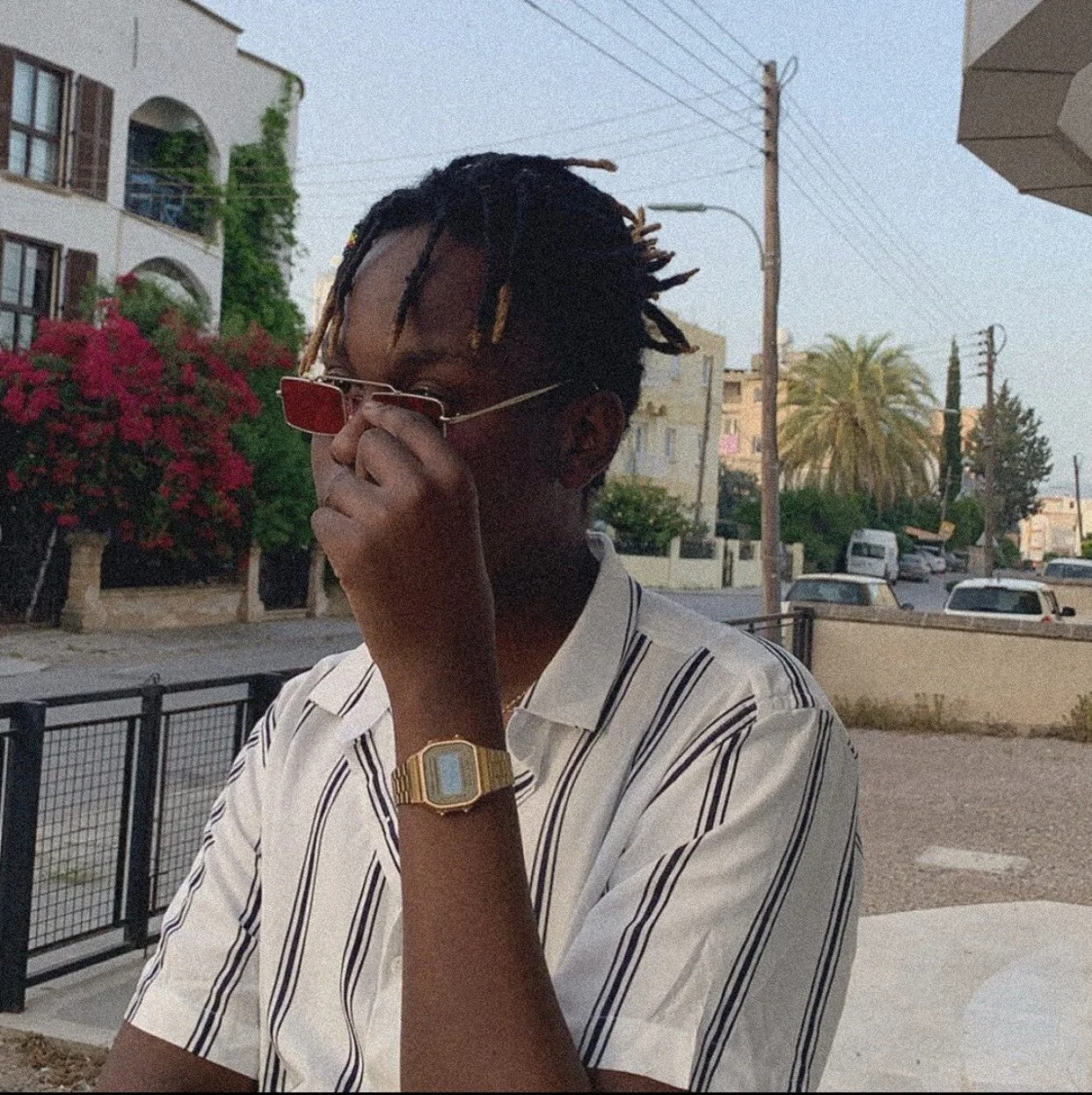The Big Bad Wolf of Kamwokya
If Ugandan President Yoweri Museveni’s life were a fairytale, musician and political opponent, Robert Kyagulanyi, popularly known as Bobi Wine, would be the big bad wolf or the evil stepmother trying to thwart his presidency. In reality, President Museveni is the villain in the story of Bobi Wine, those who dare to run or speak against him, and everyday Ugandans demanding better.
In power since 1986, President Museveni is coming off the heels of a recent election win that he said: “may turn out to be the most ‘cheating free’ election since 1962.” An election marred by election irregularities, enforced disappearances, police brutality, a nationwide internet shutdown, and placing Bobi Wine on house arrest.
With Museveni clocking in on his 34th year in office and a record of blatant human rights abuse, why would international musician and entrepreneur Akon want to develop a city in Uganda similar to his yet-to-be-built city in Senegal? Especially following the MTV Africa Music Awards decision to postpone hosting the award ceremony in Uganda. While no reason was given, there could be a correlation between the postponement and the public pressure and criticism MTV Base Africa received following the Ugandan presidential election.
Why would any musician or the music industry want to do business or support a country where a singer - the primary opposition- and citizens face grave human rights abuses for standing up for their beliefs?
That’s one of the questions that the Spotify Original Podcast, ‘The Messenger,’ delves into. Hosted by rapper Bas, ‘The Messenger’ is a collaboration between the J.Cole helmed Dreamville Records and Awfully Nice Productions. Over eight episodes, we learn about Bobi Wine, his rise to fame, his family background, how it is intertwined with the Museveni presidency, and his motivations to join politics. For those not familiar with Uganda, ‘The Messenger’ explores the country’s history from its transition from a British colony to an independent nation. As well as Museveni's transition from a revolutionary that once said, "The problem of Africa in general and Uganda, in particular, is not the people but leaders who want to overstay in power," to being one of the leaders overstaying their welcome.
Picking its name from Gil Scott Heron’s 1994 song ‘A Message To The Messengers,’ the podcast reflects on the role of artists, especially in the face of gross human rights abuses and according to Bas ‘honours the call’ of Gil Scott Heron. As Bas reflects on Episode 1, “If you have fame, what responsibility do you have to use it for the people? How far should you be willing to go?”
Music is and has been an important tool for communicating emotions, doling out criticism, and even singing praises. We’ve seen artists such as Nina Simone, Marvin Gaye, Miriam Makeba, Brenda Fassie, Fela Kuti, and now Bobi Wine share the pain, anger, joy, and experiences of people through their lyrics. These songs can also provide hope and infuse vigour and a sense of comfort as seen with the Black Lives Matter Movement and Kendrick Lamar’s 2015 single ‘Alright,’ and in Uganda, Bobi Wine’s song ‘Freedom,’ a song he penned while in prison has provided hope that one day they will be free from dictatorship. ‘The Messenger’ demonstrates the importance of artists using their platforms and talents to advocate and push for a better society.
“Historically music has been used to communicate the plight of suffering people right from the days of slavery, to the days of colonialism to apartheid and now to dictatorship,” explains Bobi Wine in Episode five, “here in Africa music is a communication both in sad and happy times.”
In the same vein that music can be used to bolster movements, it can also be used by the state to pass on propaganda and Museveni has dabbled in this field, releasing a rap song during his 2010 reelection campaign. This is perfectly presented on the podcast with Bebe Cool, Bobi Wine’s former friend and the son of a former minister in Museveni’s government. The antithesis of Bobi Wine, Cool supported Museveni during the 2021 campaign and has been booed off stage for supporting Museveni. When interviewed on the podcast, he says “it is very difficult in a country like Uganda to think that protest music will take you anywhere.”
Interrogating Bobi Wine’s rhetoric and that of a younger Museveni and even Idi Amin, the podcast poses an intriguing question of how sure we are Bobi Wine will not become another Museveni if he gets into office, especially as his lyrics have been flagged for homophobia and he recently faced backlash for meeting with Juan Guaido, self-declared interim president of Venezuela. Balancing the pitfalls of Wine’s actions and beliefs as well as the hope he represents, the podcast shows us the different sides of Bobi Wine in order to get an answer.
The joy, excitement and hope surrounding Bobi Wine is almost tangible. It’s a feeling that is clearly not only in Uganda, but in the rest of the continent. As seen on social media spaces, even with a nationwide internet shutdown, Africans were tweeting solidarity messages and keeping record of the happenings in Uganda with the #WeAreRemovingADictator and #RedPearlMovement hashtags. It also certainly doesn’t hurt that Bobi Wine is charismatic and impassioned about the plight of Ugandans and Africans, which helps answer the question of whether he will be another dictator. As the podcast progresses it becomes increasingly clear that Bobi Wine is in this for the long haul. He is actively fighting to incite change and inspire action to remove a dictator that has been in power since he was 4 years old.
“I’m not here to save anybody, I’m here to call upon people so we save ourselves,” said Bobi in episode three, explaining why even though there are similarities between him and Museveni, he can never become like Museveni.
Drawing continental and diaspora connections, the podcast shows the interconnectedness of various Black freedom movements, whether it’s through Bas’ personal upbringing in Paris, New York, and his family’s Sudanese background or the particularly poignant connection to Fela Kuti and Bobi Wine on the episode ‘Black President.’ Bobi Wine and Fela Kuti have numerous similarities, they have both used their music for activism, both have run for president, and both were fighting against dictatorship. Fela Kuti’s journey from an artist into a political activist came after a 1969 trip to Los Angeles where he was introduced to the Black Power Movement, the encounter impacted Fela Kuti significantly that when he returned to Nigeria, his music changed.
“As far as Africa is concerned, music cannot be for enjoyment, music has to be for revolution,” explained Fela Kuti.
‘The Messenger’ shows the beauty of an interconnected world and different movements informing each other. It also shows the double-edged nature of that international attention and concerned citizens asking for military intervention or any sort of intervention by their countries and how this helps Museveni stay in power and garner support from the public as he depicts himself as a strong man against the west. Even with this tactic, it proves difficult to remove Museveni as he remains a key ally to the west.
While the podcast does look outward and make connections in the complicitness of other countries in helping Museveni stay in power, it doesn’t make those connections closer to home. As part of the East African Community, Museveni is not the only one with a history of suppression and an horrific human rights record. His fellow presidents, Rwandan President Paul Kagame and the late Tanzanian President John Magufuli and late Burundian President Pierre Nkurunzinza, have enjoyed great support despite their history of suppressing the opposition and shrinking the civic space in their country. It would have been interesting to have the podcast explore what a Bobi Wine presidency would have meant for the neighbouring East African countries and whether he would enjoy their support, especially as the current crop of African leaders are significantly older than the majority of their populations.
Though ‘The Messenger Podcast’ was initially released before Spotify was available to users in Africa, it is an excellent addition in documenting the changes afoot on the continent. In the past year citizens in Mali, Chad, and The Gambia took to the streets to demonstrate against their leaders running for another term in office, in Nigeria, they took to the streets to protest police brutality. Africans are clearly tired of ineffective leadership, arbitrary arrests and blatant human rights abuses as leaders older than most of the continent cling to power.
Weaving the successes and setbacks of Bobi Wine’s candidacy and campaign on his life and the lives of those around him, ‘The Messenger’ offers us moments of reflection and deep thought on the kind of world we live in, the sacrifices some are making to ensure that ideas of freedom and a better world are made a reality. Most importantly, it shows us the role music, artists and the music industry can take in the revolution to liberate Africa from dictatorship.




